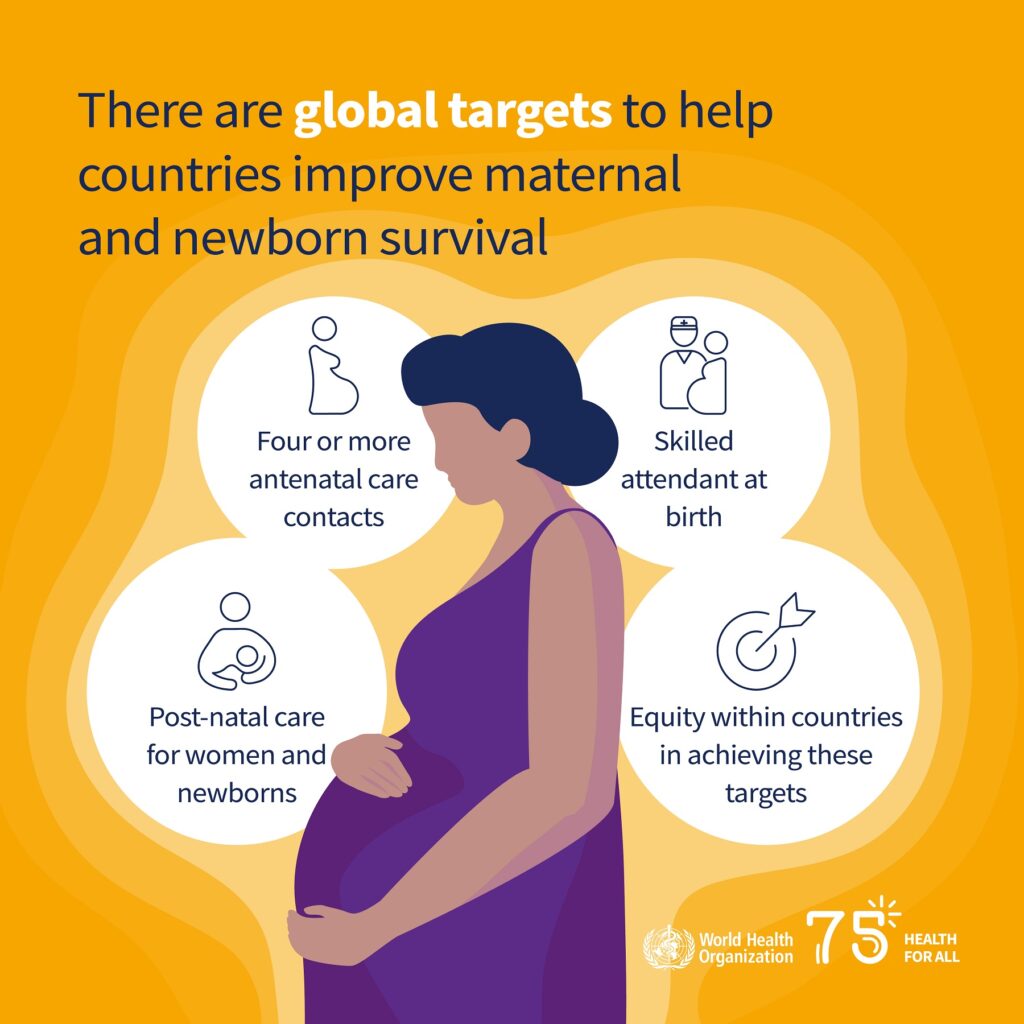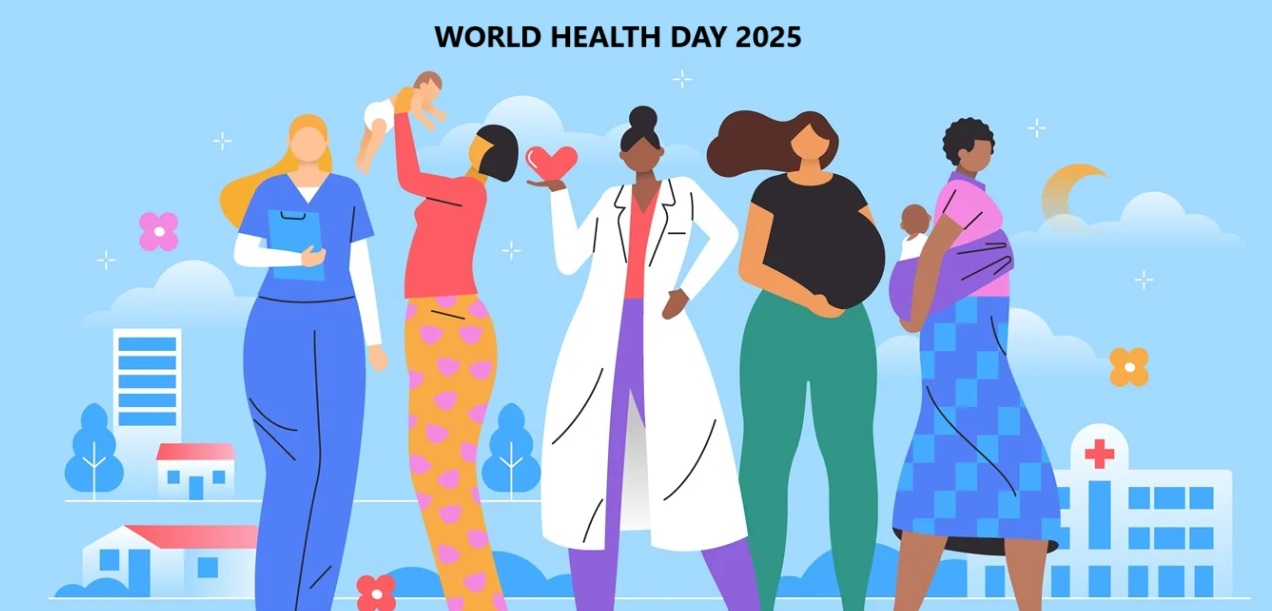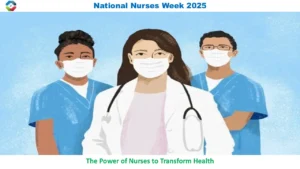World Health Day 2025 will be celebrated on April 7th. The theme for this year is “Healthy Beginnings, Hopeful Futures”, focusing on maternal and newborn health. The campaign aims to raise awareness about preventable maternal and newborn deaths, advocate for investments in healthcare, and provide useful information to support healthy pregnancies and postnatal care.
How to get involved
Getting involved in World Health Day 2025 can be meaningful and impactful! Here are some ways you can participate:
1. Spread Awareness
Share information about the campaign on social media using hashtags like #HopefulFutures and #HealthForAll. Educate your community about maternal and newborn health issues on issues such as preventable deaths of mothers and newborns, mental health conditions, noncommunicable diseases, and lack of access to quality care. See World Health Day 2025: Key Messages.
2. Attend Events
Participate in global or local events organized by the WHO or other health organizations. These events often include workshops, webinars, and community activities. You can search online to find and register for an event or a specific activity near your location.
3. Donate
Contribute to organizations like the WHO Foundation, which supports maternal and newborn health initiatives. Donating to maternal and newborn health initiatives saves lives and fosters healthier communities. These programs provide access to essential healthcare, reduce preventable deaths, and address inequalities in care. Supporting them ensures safe pregnancies, healthy births, and long-term benefits for families, empowering future generations. Your contribution can make a lasting, meaningful impact.
4. Volunteer
Offer your time to local health campaigns or NGOs working on maternal and newborn health. Volunteers drive impactful change in maternal and newborn health initiatives. They actively raise awareness, offer direct assistance, and share essential knowledge with underserved communities. By distributing resources and building partnerships, they bridge gaps in healthcare access. Their dedication empowers families during critical stages and ensures safe, supportive environments for healthier futures.
Who can volunteer? Anyone passionate about making a difference can volunteer in maternal and newborn health initiatives. Healthcare professionals offer expertise, community members raise awareness and advocate for policies, students contribute enthusiasm and learning, and organizations fundraise and collaborate. Together, these efforts ensure better care, save lives, and foster healthier futures for families worldwide.
5. Share Personal Stories
Share your experiences or stories related to pregnancy, childbirth, or healthcare to inspire and educate others. A Guide to Storytelling in Healthcare shows that sharing personal healthcare stories improved patient outcomes, boosted emotional well-being, and empowered communities. Stories bridged gaps between data and real-life experiences, inspiring policy changes and humanizing healthcare. By fostering empathy, storytelling built stronger connections, amplified voices, and drove impactful strategies for better access, care, and support globally.
6. Advocate for Policy Change
– Support policies that improve maternal and newborn health, such as better access to healthcare and family-friendly workplace policies. For example, policies like extending Medicaid postpartum coverage to 12 months and establishing maternal health safety standards in hospitals have significantly improved maternal and newborn health outcomes. These measures address disparities, enhance access to care, and reduce preventable deaths, ensuring healthier beginnings for families. Another good example is the HRSA announcement of New Funding, Policy Action, and Report to Enhancing Maternal Health Initiative.
Read more: World Health Organization: World Health Day 2025


